Accountability and Transparency
Our Objective
HQAI’s objective is to improve the Quality and Accountability of organisations working with vulnerable and at-risk people and communities through the provision and promotion of meaningful and adapted independent quality assurance. Its services are intended to build capacity in the sector and provide consistent measurable data in the delivery of quality action, thus improving principled, accountable, efficient provision of aid to affected populations.
To all its stakeholders, HQAI is an accountable, open and trustworthy partner, which applies the internationally recognised ground rules of auditing that are impartiality, competence, responsibility, openness, confidentiality and responsiveness to complaints. Our policies, procedures and tools for independent quality assurance follow relevant ISO standards requirements. HQAI’s CHS certification scheme is accredited against ISO/IEC 17065:2012.
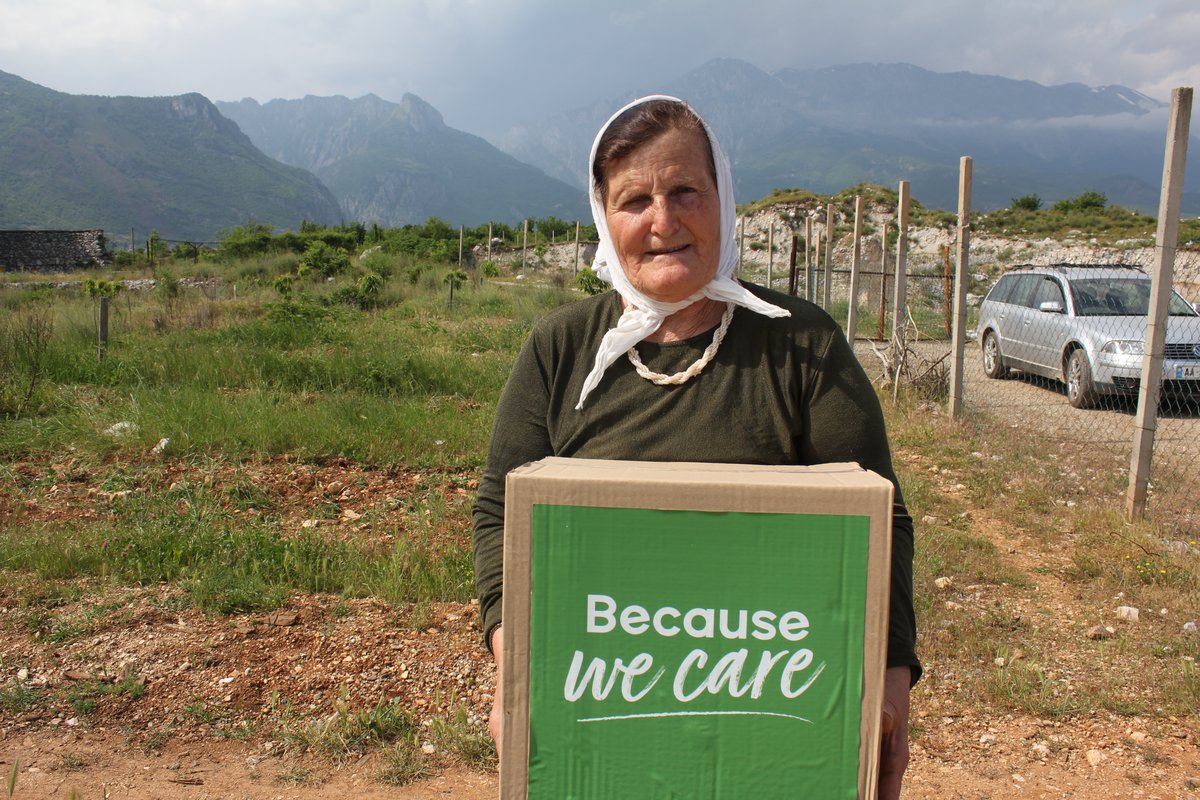
Commitment on Protection from Sexual Exploitation, Abuse and Harassment (PSEAH)
HQAI's Safeguarding Policy and HQAI’s Code of Conduct (CoC) reflect its commitment towards PSEAH. HQAI's zero tolerance policy applies to all employees, volunteers, consultants, interns, and any other individuals working for or representing HQAI. HQAI is committed to the nine fundamental principles of the Core Humanitarian Standard on Quality and Accountability (CHS) and implements them as far as they are applicable to its own activities. Essential elements of the CoC for the International Red Cross and Red Crescent Movement and NGOs in Disaster Relief are also reflected in the CHS. Further strengthening its systems and contributing to sector-wide prevention and detection, HQAI has joined the sector’s misconduct disclosure scheme (MDS).
HQAI’s safeguarding focal point (safeguarding@hqai.org) treats SEAH related complaints and may plan and support any investigation of a SEAH incident as necessary.
From an HQAI work-perspective: Safeguarding is a cross-cutting topic within the CHS. HQAI’s audit activity on the CHS therefore uses multiple indicators to assess the systems audited organisations have in place for the prevention of Sexual Exploitation, Abuse and Harassment. Organisations certified by HQAI against the CHS can thus be trusted to minimise the instance of wrong-doing, handle wrong-doing responsibly and effectively should it happen, and learn from experience.
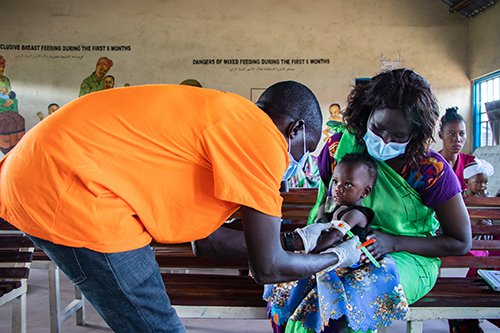
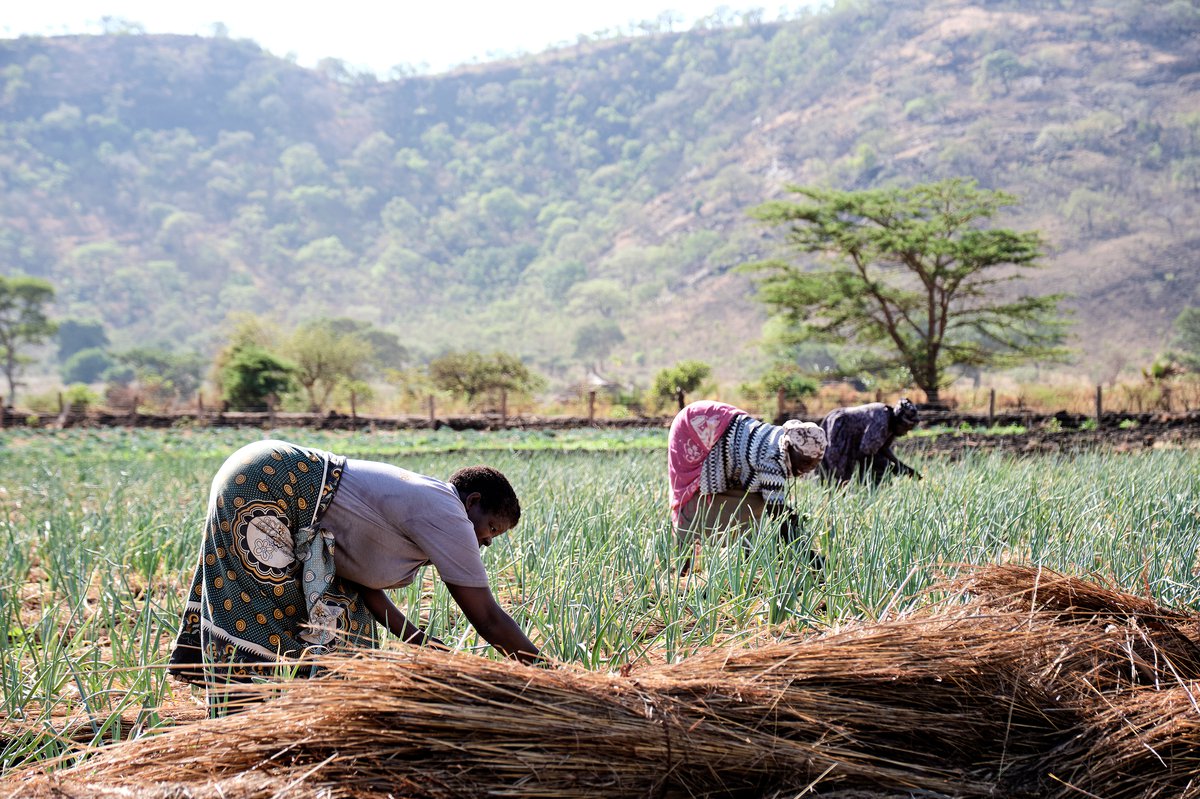

Commitment on Climate and the Environment
Our ability to protect the lives and the rights of present and future generations depends on whether we make the right choices now - HQAI has signed the Climate and Environment Charter for Humanitarian Organisations.
The Climate and Environment Charter is a document for and by humanitarian organisations, intended to help them play their part and highlight their relevance in responding to the climate and environmental crises. In line with the above, HQAI has also established and adheres to an internal Environment Policy which is presently being taken to action based on the Plan-Do-Check-Act approach.
History: The Charter was developed for and by the humanitarian community, with the support of the International Committee of the Red Cross (ICRC) and the International Federation of Red Cross and Red Crescent Societies (IFRC), and an advisory committee bringing together climate, environment and humanitarian experts. It is guided by the latest scientific evidence and the objectives of the Paris Agreement, the Sendai Framework for Disaster Risk Reduction and the Sustainable Development Goals, as well as other relevant international law and standards.
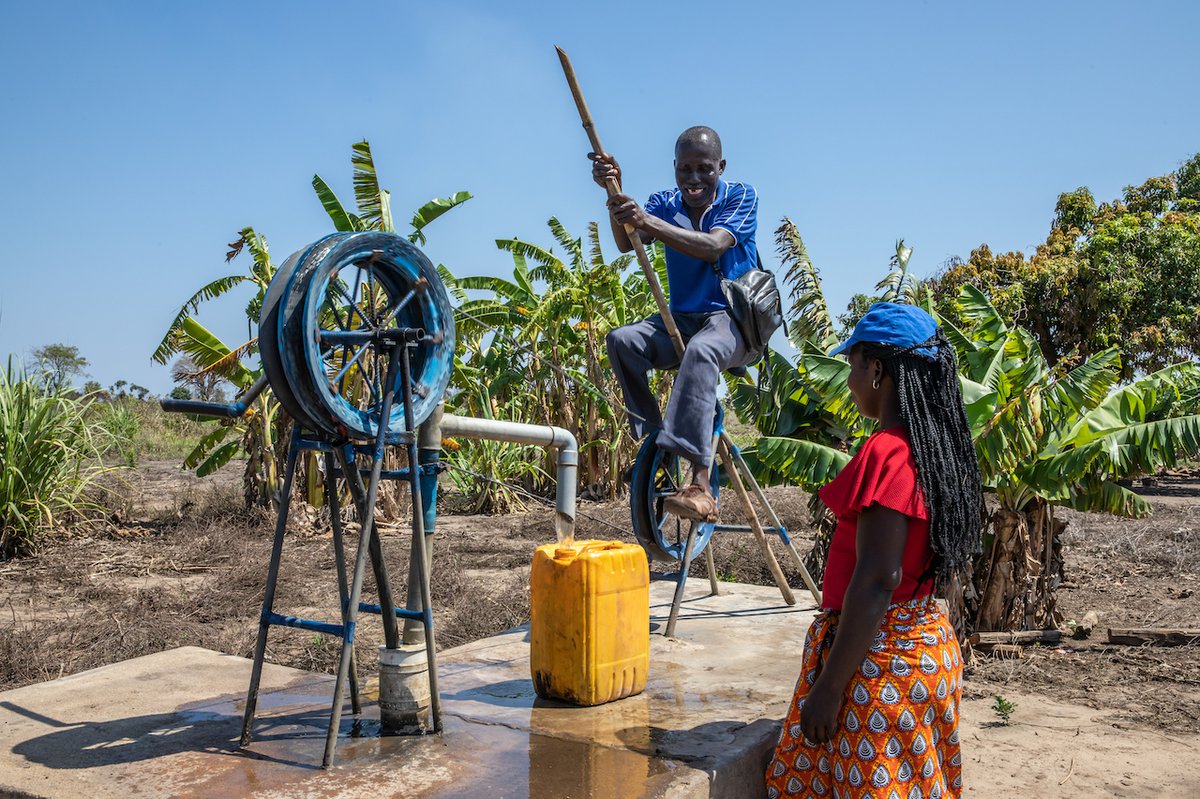
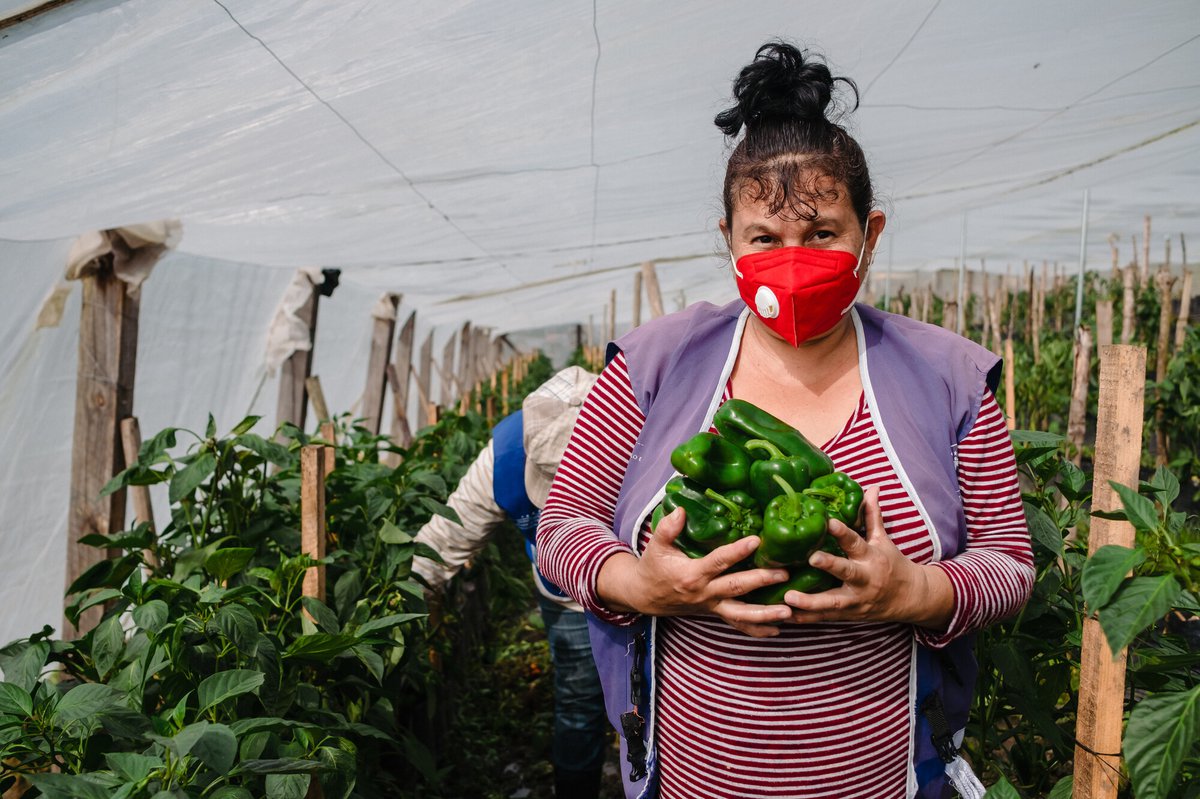
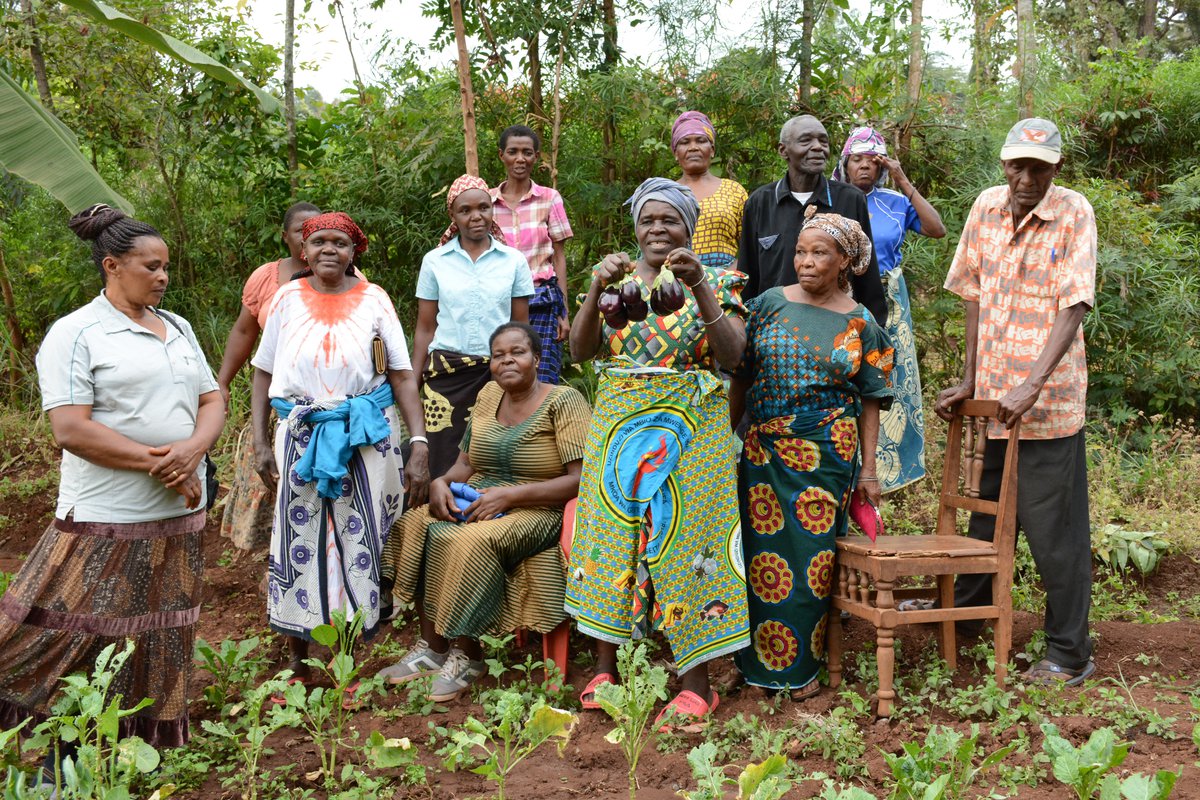
Complaints and Appeals.
HQAI demonstrates its commitment to accountability and transparency by implementing mechanisms for reporting and addressing complaints and appeals. Our complaints and appeals processes are underpinned by guiding principles, including impartiality, confidentiality, safety and well-being.
HQAI's Board of Directors and the Advisory and Complaints Board (ACB) hold a supervision role and are regularly informed about logged complaints or appeals and their internal processing.
In 2024 HQAI reviewed its complaints and appeal mechanisms. Two complaints (against audited organisations) were processed and closed. One internal grievance was processed and closed.
We know how important transparency is, be it for our donors, audited organisations or people within or outside of HQAI.
If you have questions or need further information, please drop us a mail at contact@hqai.org
2015
HQAI was founded end 2015 as a not-for-profit NGO registered as a Swiss association.